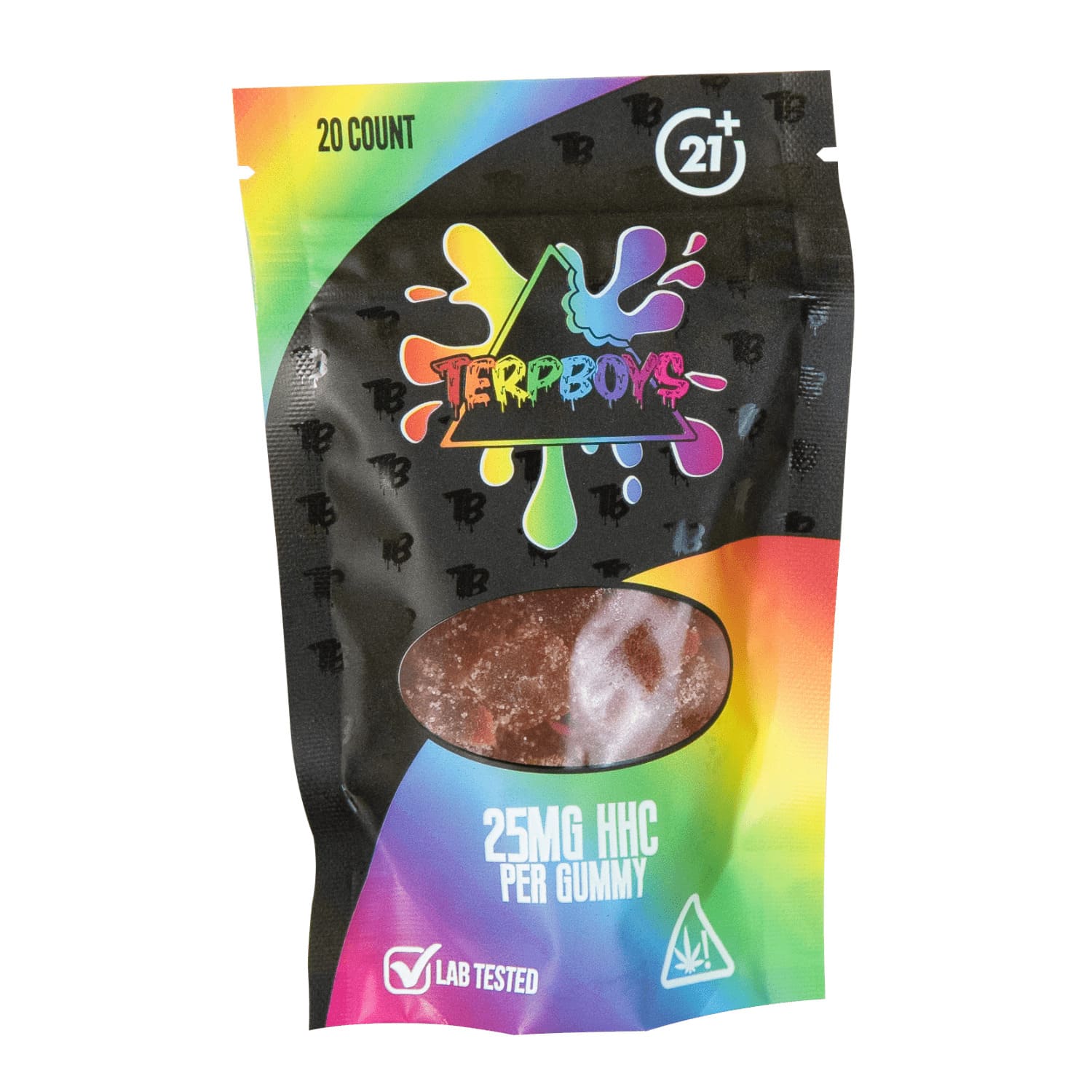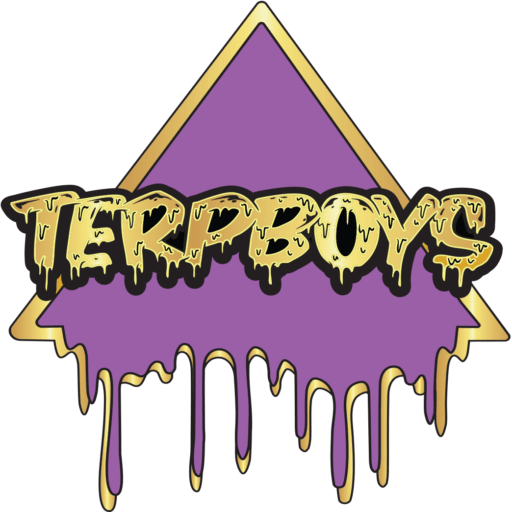Product Offers
Share your best offers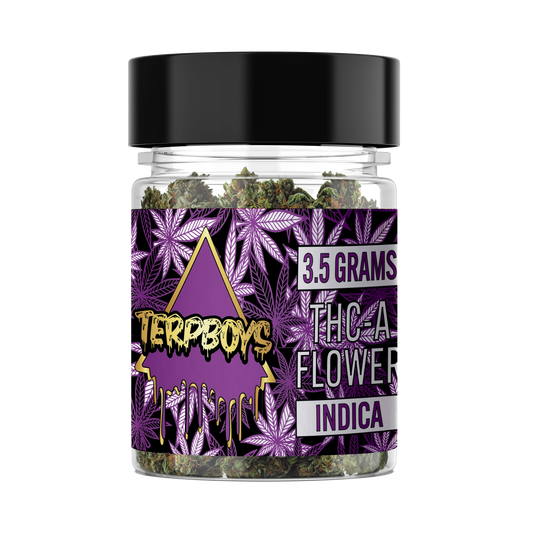

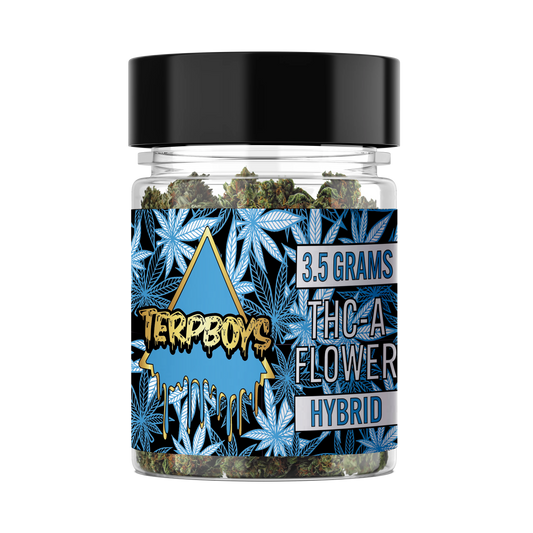
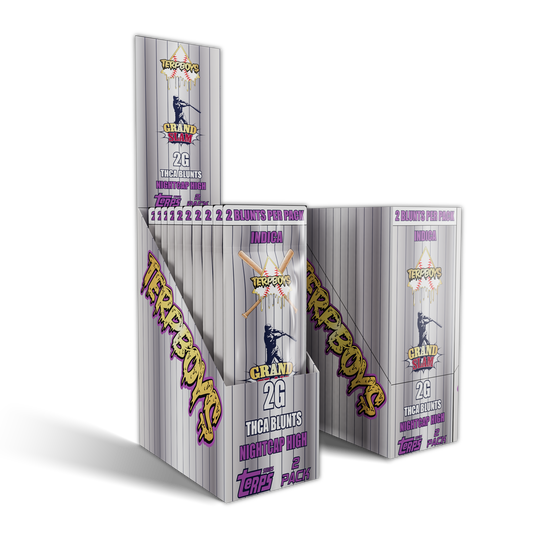
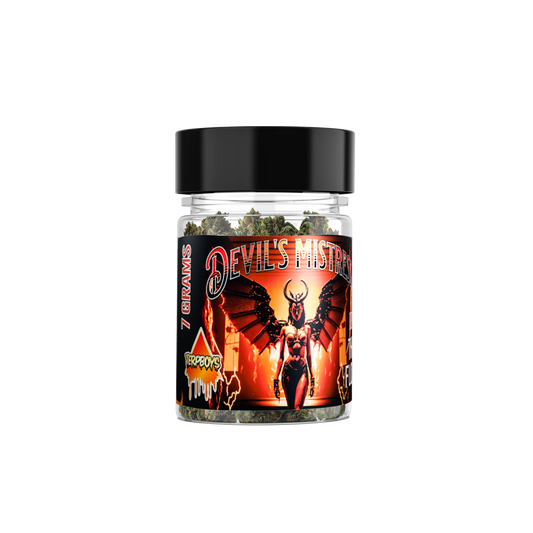
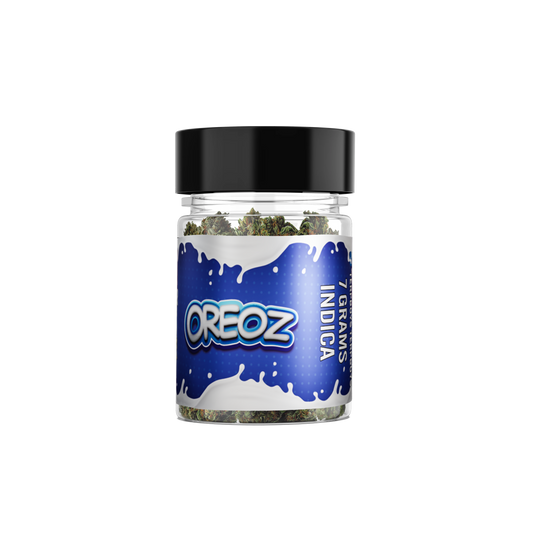
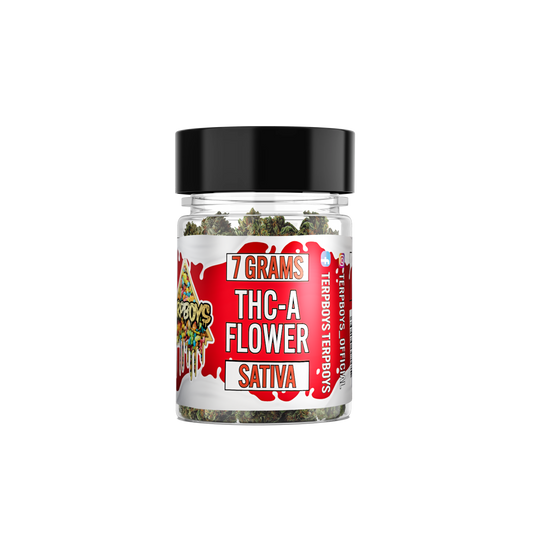
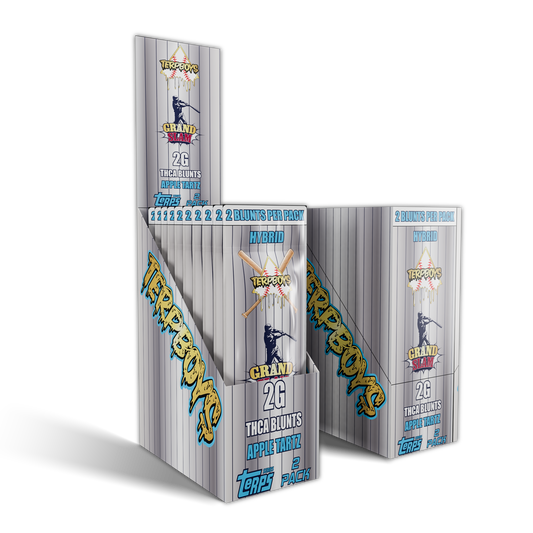
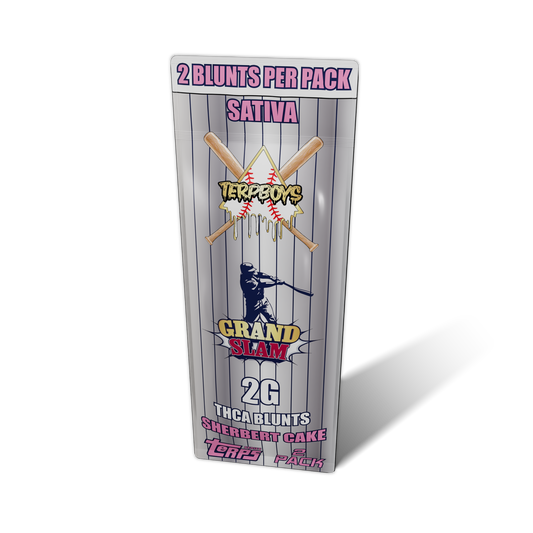
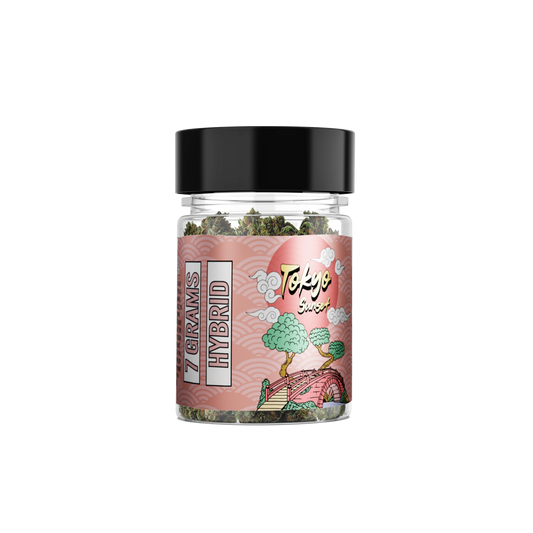
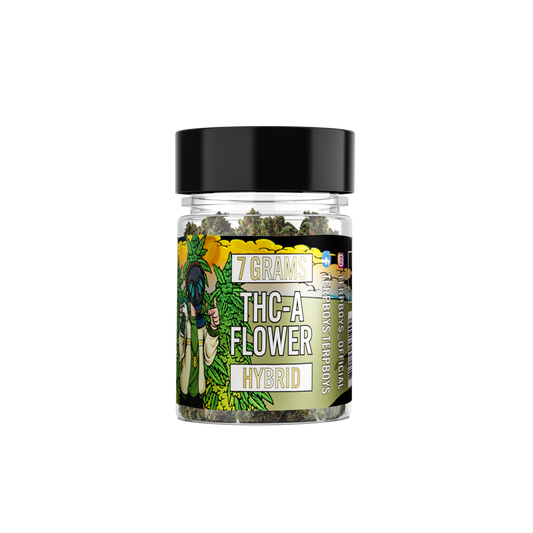
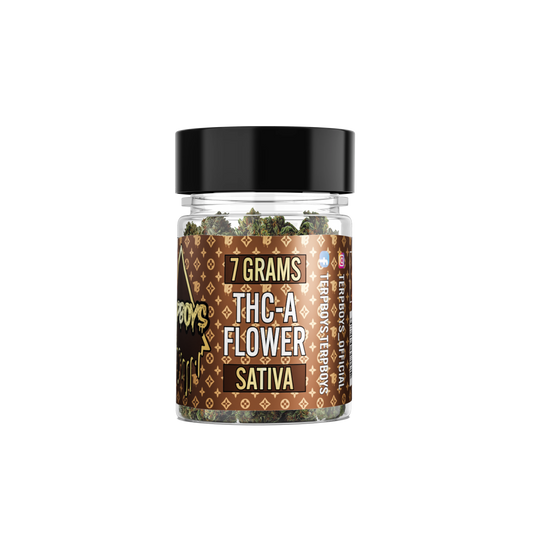

Delta 8 vs Delta 9: What’s the Difference?
Dive into the Dynamic World of Delta 8 vs Delta 9 and understand the key differences between these two fascinating cannabinoids.
Ever wondered what sets Delta 8 and Delta 9 THC apart? You're not alone. Simple, clear, and to the point, we aim to answer your questions and shed light on what makes Delta 8 and Delta 9 unique.

You'll learn how they're different and what that means for you. Whether you're new to this topic or looking to understand more, this blog has the answers. Let's dive into the world of Delta 8 and Delta 9 together!
Delta 8 vs Delta 9: The Basics
In the realm of cannabinoids, particularly those derived from cannabis and hemp, Delta 8 THC and Delta 9 THC are two compounds that often spark interest and curiosity. While they are similar in many ways, their subtle differences have significant implications for how they are used and perceived, both legally and in terms of their effects on the user.
Understanding Delta 8 THC
Delta 8 THC, scientifically known as delta-8-tetrahydrocannabinol, is a minor cannabinoid found in cannabis plants. It's less prevalent than Delta 9 THC but has been gaining popularity due to its unique properties. Delta 8 is known for its slightly lower psychoactive potency compared to Delta 9. Users often report a more clear-headed high, with reduced anxiety and less intense euphoric effects. This makes it a favorable choice for those who find Delta 9 THC’s effects too strong or overwhelming.
On a molecular level, Delta 8 THC differs from Delta 9 THC in the placement of a critical double bond in their structures. In Delta 8, this bond is on the 8th carbon chain, while in Delta 9, it’s on the 9th. This small chemical difference significantly impacts how the two compounds interact with the body's endocannabinoid system, particularly the CB1 and CB2 receptors.

Understanding Delta 9 THC
Delta 9 THC, or delta-9-tetrahydrocannabinol, is the most well-known and abundant psychoactive compound in cannabis. It's what most people think of when they talk about the effects of marijuana. Delta 9 binds to the brain's cannabinoid receptors, leading to the "high" that is commonly associated with cannabis use. This includes effects like euphoria, heightened sensory perception, altered time perception, and in some cases, anxiety or paranoia.
The higher potency of Delta 9 THC compared to Delta 8 means its effects are typically more pronounced. It's been used both recreationally and medicinally, with applications ranging from pain relief and appetite stimulation to anxiety and insomnia treatment.
However, the stronger psychoactive effects of Delta 9 THC also mean it's more likely to produce unwanted side effects, especially in those who are new to cannabis or sensitive to its effects.
Delta 8 vs Delta 9: Chemical Differences
The subtle yet significant differences in the chemical structures of Delta 8 and Delta 9 THC have a profound impact on their interaction with the human body. Let's break down these differences into more digestible segments.
The Isomeric Relationship Between Delta 8 and Delta 9 THC
Delta 8 THC and Delta 9 THC are isomers, sharing the same molecular formula but with a distinct arrangement of atoms. The critical distinction is in the position of a double bond in their molecular structure. In Delta 8 THC, this bond is located on the eighth carbon atom, while in Delta 9 THC, it's on the ninth carbon atom. Though it seems minor, this difference greatly influences how they interact with the body's endocannabinoid system.
Affinity for CB1 Receptors and Psychoactive Effects
Delta 9 THC shows a stronger affinity for CB1 receptors, which are primarily located in the brain and central nervous system. This stronger binding to CB1 receptors is responsible for Delta 9 THC's potent psychoactive effects. Delta 8 THC, conversely, has a lower affinity for these receptors, leading to a comparatively milder psychoactive experience, often described as more clear-headed and less intense.
Stability and Oxidation
The stability and oxidation tendencies of these two compounds also vary. Delta 8 THC demonstrates greater stability than Delta 9 THC, making it less prone to oxidation. Delta 9 THC, more susceptible to oxidation, can convert into CBN (cannabinol) over time, especially when exposed to air, light, or heat. This property of Delta 8 THC being more stable lends it an advantage, particularly in medicinal formulations, as it can maintain its potency and effectiveness for a longer duration.
Comparison Table: Delta 8 THC vs Delta 9 THC
|
Feature |
Delta 8 THC |
Delta 9 THC |
|
Chemical Bond |
8th Carbon Atom |
9th Carbon Atom |
|
Psychoactivity |
Lower |
Higher |
|
Affinity |
Lower for CB1 Receptors |
Higher for CB1 Receptors |
|
Effects |
Milder, Clear-Headed |
More Intense, Euphoric |
|
Stability |
More Stable |
Less Stable |
|
Oxidation |
Less Prone |
More Prone |
Delta 8 vs Delta 9: Effects on the Body
Exploring the effects of Delta 8 and Delta 9 THC on the body reveals a fascinating spectrum of experiences and benefits, reflecting the complexity of these cannabinoids. Both compounds are derived from the cannabis plant and interact with the body's endocannabinoid system, yet their distinct molecular structures lead to notably different impacts. This interaction is crucial in understanding how each compound influences physical sensations, mental state, and overall well-being.
The endocannabinoid system plays a vital role in regulating a variety of physiological and cognitive processes, including mood, memory, appetite, and pain sensation. Delta 8 and Delta 9 THC bind to the receptors in this system, but their differing affinities for these receptors result in varied effects. While both can offer therapeutic benefits, their psychoactive experiences are not the same, and this can influence their suitability for different uses and individuals.
Moreover, the nuances in their chemical compositions not only dictate their legality and availability in different regions but also affect how they are utilized in medical and recreational settings. Understanding these differences is key to making informed decisions about their use, whether for therapeutic purposes or personal enjoyment. The National Institute of Health suggests that cross-sector collaborations among academics, government officials, and representatives from the cannabis industry may accelerate the generation of knowledge regarding delta-8-THC and other cannabinoids.
Comparing Psychoactive Effects
The psychoactive effects of Delta 8 and Delta 9 THC are often the focus of discussion among both users and researchers. These compounds, while chemically similar, produce distinctly different experiences due to their unique interactions with the body's endocannabinoid system. Their impact on perception, mood, and cognitive functions varies not only in intensity but also in the nature of the experience.
The Impact of Delta 8 THC
Delta 8 THC is increasingly recognized for its more subtle psychoactive effects. It's often chosen by those who want the benefits of THC without the intense high associated with Delta 9. Key aspects of its impact include:
- Milder High: Delta 8 THC offers a more relaxing and less overwhelming experience compared to Delta 9. This milder high is often preferred by individuals looking for a less intense, more manageable experience.
- Reduced Anxiety: One of the standout features of Delta 8 is its ability to reduce anxiety. This makes it a suitable option for users who might experience heightened anxiety or discomfort with stronger THC compounds.
- Clearer Headedness: Unlike Delta 9, which can sometimes lead to a foggy or disoriented feeling, Delta 8 is known for maintaining a greater level of clarity. Users report feeling more in control and able to engage in their daily activities without the heavy psychoactive burden.
The Impact of Delta 9 THC
Delta 9 THC, the more abundant form of THC found in cannabis plants, is renowned for its significant psychoactive effects. Its impact is characterized by:
- Stronger Psychoactive Effects: Known for delivering a potent sense of euphoria, Delta 9 THC creates a more intense psychoactive experience. This can include a deep sense of relaxation, joy, and altered perception of time and space.
- Heightened Sensory Experience: Users often report a marked enhancement of sensory perceptions, such as brighter colors, more profound taste sensations, and amplified sounds. This can make for a more immersive and intense experience.
- Potential for Anxiety or Paranoia: One of the downsides of Delta 9 THC is its tendency to induce anxiety or paranoia, especially at higher doses or in individuals not accustomed to its effects. This aspect is often cited as a reason for caution, particularly for new users or those with a predisposition to anxiety.
Understanding these differences is crucial for individuals looking to explore the therapeutic or recreational aspects of THC. The choice between Delta 8 and Delta 9 THC will largely depend on the desired intensity of effects and personal sensitivity to THC's psychoactive properties.

Delta 8 vs Delta 9: Therapeutic Benefits
While the psychoactive properties of Delta 8 and Delta 9 THC often capture the most attention, their therapeutic benefits are equally significant. Both cannabinoids offer a range of medicinal advantages, though they vary in effectiveness and application. Understanding these benefits is crucial for anyone considering cannabinoid-based treatments.
Medical Benefits of Delta 8 THC
Delta 8 THC, though less potent than Delta 9 THC, has been gaining recognition for its unique therapeutic benefits. These include:
- Pain Relief: Delta 8 has shown effectiveness in managing chronic pain, making it a valuable alternative for those seeking relief from continuous discomfort. Its ability to interact with both CB1 and CB2 receptors in the body contributes to its analgesic properties.
- Appetite Stimulation: Particularly beneficial for individuals undergoing treatments like chemotherapy that can suppress appetite, Delta 8 THC helps stimulate hunger. This can play a crucial role in ensuring adequate nutrition and maintaining body weight.
- Nausea Reduction: Its antiemetic properties make Delta 8 THC a useful aid for cancer patients dealing with nausea and vomiting due to chemotherapy. It provides a gentler alternative to some traditional anti-nausea medications, which can have more severe side effects.
Medical Benefits of Delta 9 THC
Delta 9 THC is well-known for its potent therapeutic effects, which have been utilized in various medical contexts. These benefits include:
- More Potent Pain Relief: For severe and acute pain, Delta 9 THC offers more potent relief. Its strong interaction with the body's endocannabinoid system makes it effective in alleviating intense pain conditions, sometimes where other pain relievers fall short.
- Sleep Aid: Delta 9 THC is often used to manage sleep disorders such as insomnia. Its sedative effects can help induce sleep and improve the quality of rest, which is crucial for overall health and well-being.
- Mental Health Treatment: There's growing evidence to suggest that in controlled doses, Delta 9 THC can be beneficial in treating certain mental health conditions, including PTSD. Its effects on mood regulation and stress response can provide relief for individuals struggling with these conditions.
Delta 8 vs Delta 9: Legal Status and Availability
Navigating the legal landscape of Delta 8 and Delta 9 THC is essential for understanding not only their availability but also the nuances of their usage and regulation across different regions. These two cannabinoids, while chemically similar, are subject to a diverse range of laws that vary significantly from one jurisdiction to another. This complex legal framework is influenced by factors such as the shifting perceptions of cannabis, ongoing research into its therapeutic benefits, and evolving public health policies.
For consumers, patients, and businesses in the cannabis industry, staying informed about these legal distinctions is crucial. The legality of Delta 8 and Delta 9 THC impacts everything from production and distribution to consumption and medical use. In some regions, these cannabinoids are easily accessible and widely used for both recreational and medicinal purposes. In contrast, other areas maintain strict prohibitions, resulting in limited access and potential legal implications for users.
As the legal status of these compounds continues to evolve globally, it's important to understand the current regulatory environment and its implications. The following sections delve into the specific legalities of Delta 8 and Delta 9 THC, highlighting the differences in their regulation both in the United States and internationally, and how these laws affect their availability in various markets.
Regulations Surrounding Delta 8 THC
Let’s now talk about Regulations surrounding Delta 8 THC both in US and globally.
Legal Status in the United States
The legal status of Delta 8 THC in the United States is a complex and often confusing mix of federal and state laws. Federally, Delta 8 is considered legal under the 2018 Farm Bill, provided it is derived from hemp and contains less than 0.3% Delta 9 THC. This legal framework has opened the door for the production and sale of Delta 8 products derived from hemp. FDA
However, the situation at the state level is much more varied, with some states having taken steps to restrict or outright ban Delta 8 due to concerns about its psychoactive effects and the lack of regulatory oversight.
States where Delta 8 THC is explicitly legal include:
- Colorado
- Kentucky
-
Oregon
Conversely, states where Delta 8 faces restrictions or outright bans include:
- Alaska
- Arizona
-
Arkansas
This state-by-state approach creates a patchwork of regulations that can be challenging for consumers and businesses to navigate.
International Legal Status
Globally, the legal status of Delta 8 THC is equally diverse and often reflects a country's overall approach to cannabis and cannabinoids. In some countries, Delta 8 is treated similarly to CBD, with a more lenient regulatory approach, while in others, it is subject to the same strict controls as Delta 9 THC.
Countries with notable Delta 8 THC policies include:
- Canada: Legal under certain conditions, with regulation similar to other cannabis products.
- United Kingdom: Classified as a controlled substance, making it illegal.
- Germany: Legal for medical use, with prescription required.
- Australia: Available as a prescription medicine under specific conditions.
- Sweden: Considered a narcotic and thus illegal.
- Switzerland: Legal if derived from hemp and THC content is below 1%.
- Mexico: Legal status unclear, with cannabis reform ongoing.
- Japan: Highly regulated, with cannabis and its derivatives generally illegal.
- South Africa: Delta 8 is not specifically regulated but falls under general cannabis laws.
- Brazil: Legal for medical use, with strict regulations.
The international perspective on Delta 8 THC demonstrates the broad spectrum of regulatory approaches, ranging from outright bans to regulated medical use.
As research into the cannabinoid continues and public attitudes toward cannabis evolve, these laws are subject to change, reflecting the dynamic nature of the global cannabis market.
Regulations Surrounding Delta 9 THC
Let’s now talk about Regulations surrounding Delta 8 THC both in US and globally.
Legal Status in the United States
Delta 9 THC, the primary psychoactive component in cannabis, remains federally illegal in the United States under the Controlled Substances Act. However, the landscape at the state level presents a stark contrast, with a growing number of states legalizing or decriminalizing its use, either for medical purposes, recreational use, or both. These state-level laws often come with specific regulations regarding cultivation, distribution, and usage, reflecting a shift in public opinion and recognition of its medical benefits.
States where Delta 9 THC is legal for recreational use include:
- California
- Washington
-
Colorado
States where Delta 9 THC is legal for medical use include:
- Florida
- New York
-
Pennsylvania
This variation in state laws creates a diverse legal environment across the country, with differing approaches to the use, sale, and regulation of Delta 9 THC.
International Legal Status
Globally, the legal status of Delta 9 THC is diverse and continually evolving. Some countries have taken progressive steps towards legalization or decriminalization, acknowledging its therapeutic potential and changing societal attitudes towards cannabis.
Countries where Delta 9 THC is legal or decriminalized include:
- Canada: Fully legal for both medical and recreational use.
- Netherlands: Decriminalized for personal use, available in coffee shops.
- Uruguay: One of the first countries to fully legalize cannabis.
- Spain: Decriminalized for personal use in private spaces.
- Portugal: Decriminalized for personal use.
- South Africa: Decriminalized for personal use in private spaces.
- Jamaica: Decriminalized for personal use, and legal for Rastafari religious use.
- Argentina: Legal for medical use, personal use decriminalized in small amounts.
- Germany: Legal for medical use with a prescription.
-
Thailand: Legalized medical cannabis, including Delta 9 THC.
Each of these countries has its own unique set of laws and regulations governing the use, sale, and cultivation of Delta 9 THC, reflecting a range of attitudes and policies towards cannabis.

Availability and Accessibility of Delta 8 vs Delta 9
The availability and accessibility of Delta 8 and Delta 9 THC are intricately linked to their legal status, which varies widely across different regions. This diversity in legal frameworks significantly influences how these compounds are accessed and used.
Legal Markets and Dispensaries
In areas where Delta 8 and Delta 9 are legal, consumers can typically access these compounds through regulated dispensaries. These establishments offer a variety of products, ensuring adherence to safety and quality standards. Dispensaries are key in providing a safe, reliable source for consumers looking for both recreational and medicinal cannabis products.
Health Stores and Mainstream Accessibility
Especially for Delta 8 THC, health stores in some regions have started to stock products, similar to the mainstream availability of CBD. This is predominantly seen in areas where Delta 8 is legal and not classified in the same category as Delta 9 THC. The presence of these products in health stores signifies a growing acceptance and accessibility of Delta 8 in the mainstream market.
Medical Access Through Prescriptions
For Delta 9 THC, which is recognized for its therapeutic benefits, legal access is often available through medical prescriptions. This regulated system ensures that patients with qualifying medical conditions can access cannabis products suited to their health needs. It underscores the medicinal value of Delta 9 THC and ensures patient safety and product efficacy.
Challenges in Restrictive Regions
In contrast, regions with strict cannabis laws face significant limitations in the availability of both Delta 8 and Delta 9 THC. The legal restrictions not only make access difficult but also pose potential legal risks for possession or use. This often drives a parallel market where quality and safety of products cannot be ensured, posing risks to consumers.
The Impact of Evolving Legislation
The ever-changing legal landscape around cannabis and its derivatives means that the availability and accessibility of these compounds are dynamic. As laws evolve, either towards more liberal policies or stricter regulations, the way consumers can access Delta 8 and Delta 9 THC will continue to change, reflecting the ongoing global conversation about cannabis and its use.
Delta 8 vs Delta 9: Consumption Methods
The ways in which Delta 8 and Delta 9 THC can be consumed are diverse, each offering a unique experience and intensity level. Understanding these methods is key to choosing the most suitable option for individual preferences and needs.
Smoking and Vaping
- Traditional Smoking: Both Delta 8 and Delta 9 can be smoked in traditional forms such as joints, blunts, or through pipes and bongs. This method provides immediate effects but involves inhalation of smoke.
- Vaping: A popular alternative, vaping involves heating the cannabinoids to a temperature that vaporizes them without combustion. Delta 8 vape and Delta 9 vapes are available, offering a smoother experience compared to smoking.
Edibles and Tinctures
- Edibles: Consuming Delta 8 or Delta 9 in edible form, such as delta 8 gummies, delta 9 gummies, chocolates, or baked goods, results in a delayed onset of effects but provides a longer-lasting experience. Dosage control is crucial with edibles to avoid overconsumption.
- Tinctures: These are liquid extracts taken orally, typically under the tongue. Tinctures allow for precise dosage and a faster onset of effects compared to edibles.
Topicals and Capsules
- Topicals: Products like creams, balms, and lotions containing Delta 8 or Delta 9 are applied directly to the skin. They are typically used for localized relief and do not produce psychoactive effects.
- Capsules: Similar to edibles, capsules are ingested and offer a discrete and convenient way to consume Delta 8 or Delta 9. They provide a controlled dosage and a longer-lasting effect.
Each of these consumption methods offers different benefits and effects, and the choice largely depends on personal preference and the desired outcome. Whether seeking immediate relief, a prolonged experience, or a specific form of application, there's a method suited to every user's needs. You can find a vast variety of Delta 8 products and Delta 9 products at Terpboys, ensuring high quality for the users.
Tips for Choosing Between Delta 8 and Delta 9 Products
Selecting the right product between Delta 8 and Delta 9 THC can be a nuanced decision. Here are some tips to guide you in making an informed choice:
Consider Your Tolerance and Experience
- Beginners: If you're new to THC products, Delta 8 might be a better starting point due to its milder effects and lower potency.
- Experienced Users: If you have experience with THC and are comfortable with stronger effects, Delta 9 products may be more suitable.
Understand the Desired Effects
- Type of High: Delta 8 typically offers a clearer, more relaxed high, whereas Delta 9 provides a more intense, euphoric experience.
- Medical Benefits: If you're seeking specific therapeutic benefits, consider the distinct medical properties of each. Delta 9 is often preferred for stronger pain relief and sleep aid, while Delta 8 is known for anxiety relief and a milder pain management.
Legal Considerations
Check the legal status of Delta 8 and Delta 9 THC in your region before making a purchase. This ensures compliance with local laws and regulations.
Quality and Testing
Opt for products from reputable sources that provide third-party lab testing results. This ensures the purity and potency of the product you're consuming.
Route of Administration
- Consider how you prefer to consume THC. If you're not comfortable with inhalation, edibles, tinctures, or topicals might be more appropriate.
- Remember that different consumption methods can result in varied onset times and duration of effects.
Start with a Low Dose
Especially with Delta 9 THC products, start with a low dose and gradually increase as needed. This approach helps in understanding how your body reacts to the product.
By taking into account these factors, you can make a more informed decision that aligns with your personal needs, preferences, and legal constraints, ensuring a safe and enjoyable experience with Delta 8 or Delta 9 THC products.
User Experiences: Delta 8 vs Delta 9
Exploring user experiences with Delta 8 and Delta 9 THC reveals a spectrum of reactions and preferences, shaped by the unique properties of each compound. Delta 8 THC, known for its milder psychoactive effects, is often favored by those seeking a more controlled and clear-headed experience. Users commonly report feeling a sense of calm and relaxation without the intense high or anxiety that can sometimes accompany Delta 9 THC use. This makes Delta 8 a popular choice for daytime use or for individuals who are new to cannabis products.
On the other hand, Delta 9 THC is typically associated with a more potent and immersive experience. Users often describe a strong sense of euphoria, deep relaxation, and altered sensory perception. This intensity, while sought after by many, can also lead to stronger side effects such as heightened anxiety or paranoia, particularly in higher doses or in those not accustomed to its effects. For medical users, Delta 9 THC's potent pain-relieving and sleep-inducing properties are frequently cited as reasons for preference, despite its stronger psychoactive profile.
The choice between Delta 8 and Delta 9 THC often comes down to personal preference and desired outcomes. Some users appreciate the subtlety of Delta 8 for a mild and manageable experience, while others seek the more pronounced effects of Delta 9 for recreational enjoyment or significant therapeutic benefit.
Conclusion
In conclusion, the exploration of Delta 8 and Delta 9 THC uncovers a fascinating world of cannabinoids with distinct properties and effects. While both originate from the cannabis plant, their differences in chemical structure lead to varied experiences in terms of psychoactivity, therapeutic benefits, legal status, and consumption methods.
Delta 8 THC offers a milder, more clear-headed experience, making it appealing for those seeking less intense effects or specific medicinal benefits without strong psychoactivity. In contrast, Delta 9 THC is known for its potent effects, both recreationally and therapeutically, but with a higher likelihood of stronger side effects.
The choice between Delta 8 and Delta 9 depends on individual preferences, desired outcomes, and legal considerations. As the cannabis industry continues to evolve, so does our understanding of these unique compounds, offering users a broad spectrum of options for personal and medical use.
